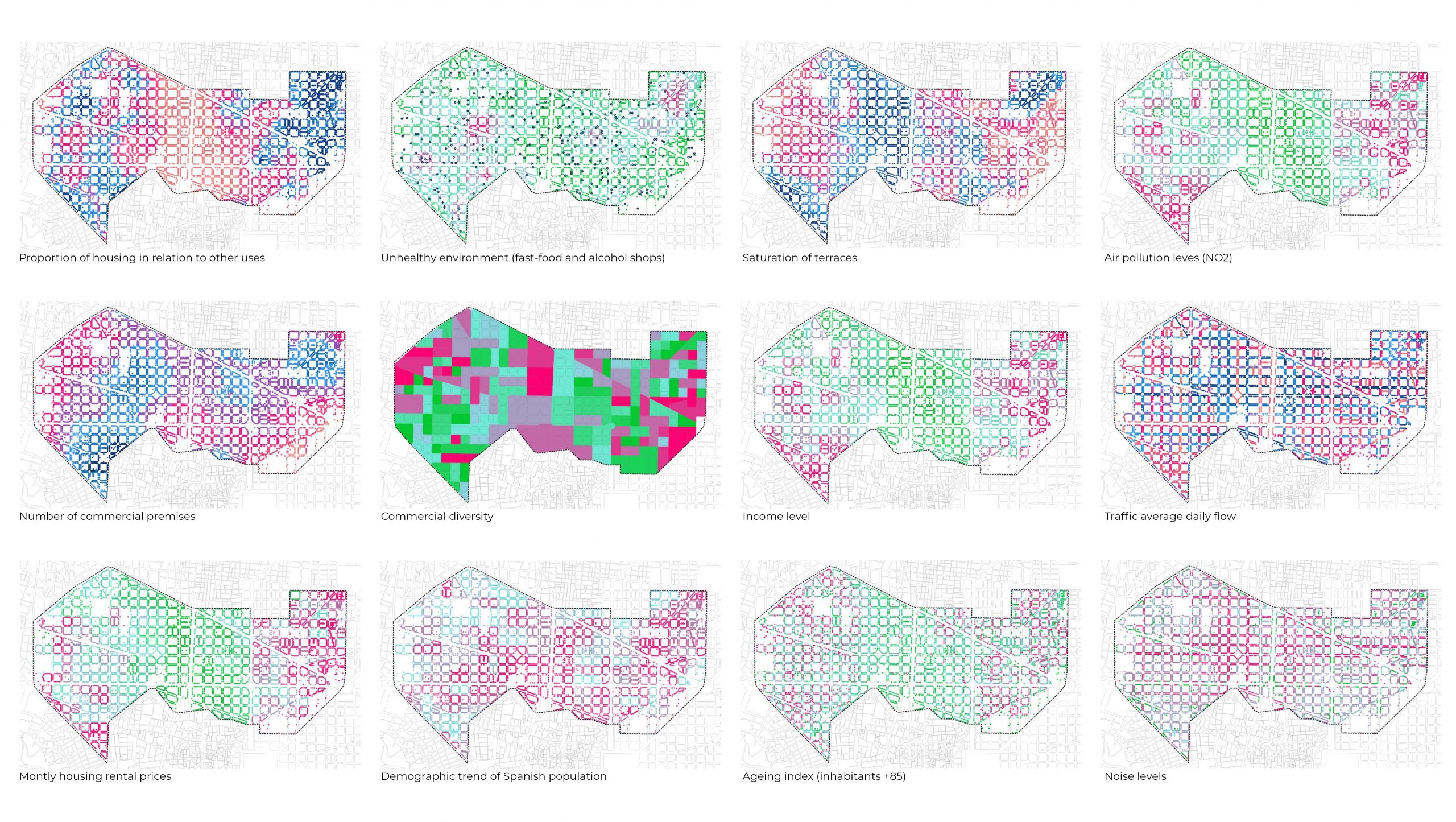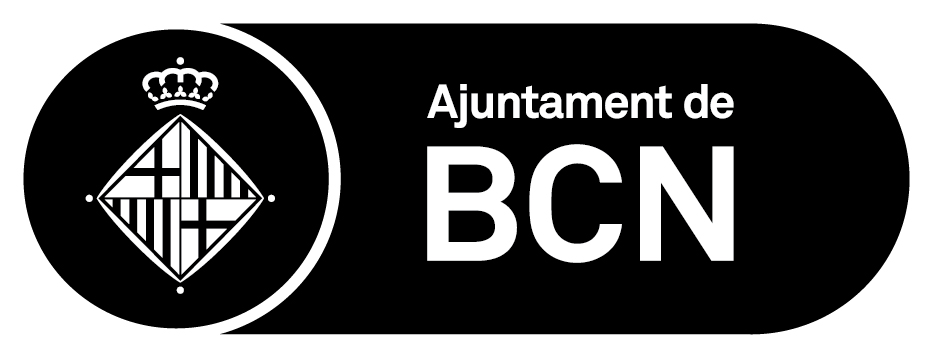The objective of the report is to foresee the impacts on the economic fabric of future transformations linked to the development of the Superblock Barcelona 2020-2030 project, which will substantially change the current hierarchy of Barcelona’s urban fabric in the next ten years. This program envisions a systemic transformation of the city’s street infrastructure, based on the creation of superblocks (including nine existing blocks) to gain public space for pedestrians in their centre and restrict the heavy traffic to the perimeter.
In this context, the report first reflects on the limitations of the current urban and economic model to build healthy environments amid an environmental and climate crisis. Second, it outlines the impacts associated with the transformation of new horizontal and vertical strategic axes in various areas of the Eixample district, under the premise that urban transformations must not displace the necessary uses that guarantee the quality of life and daily supply of residential fabrics.
The analysis focuses on understanding the impacts derived from the alteration of mobility, the internal population migrations due to gentrification processes and the transformation of commerce (with an increase in the visitors’ economic activities, the lack of daily commerce or emblematic shops, the private use of public space and the loss of complexity of the urban landscape). Considering all these aspects globally, the report established the areas with higher risks and broader negative impacts.
Based on the diagnosis results, we propose a roadmap for the coordinated and sequential deployment of various urban planning instruments and cross-cutting policy documents that must accompany this systemic change proposed by the Superblocks strategy.

Images
Promoters

